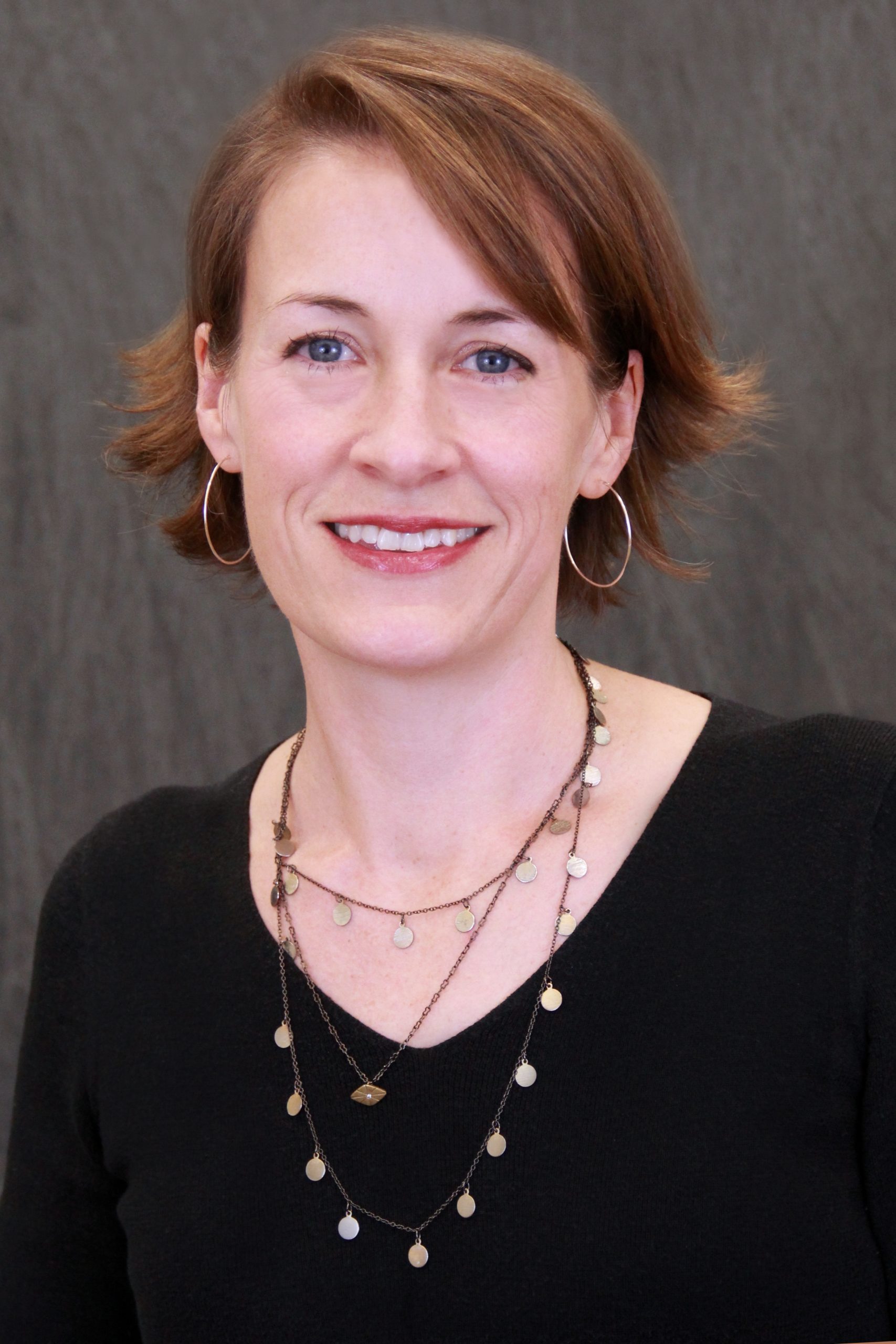
TIRF (The International Research Foundation for English Language Education) announced today the recipient of its 2017 TIRF James E. Alatis Prize for Research on Language Planning and Policy in Educational Contexts. Dr. Katherine Mortimer, Assistant Professor, University of Texas at El Paso (UTEP), was named as this year’s recipient of TIRF’s Alatis Prize, for her article entitled, “Producing Change and Stability: A Scalar Analysis of Paraguayan Bilingual Education Policy Implementation” (Linguistics and Education, Volume 34).
Dr. Katherine Mortimer is Assistant Professor of Bilingual/Biliteracy Education in the Department of Teaching, Learning, and Culture at UTEP, where she is also Co-Director of the Ethnography of Languages, Literacies and Learning Lab, a collaborative resource for doctoral training in ethnographic research in support of biliteracy education. Dr. Mortimer’s research focuses on how we can improve educational experiences for language minoritized students by changing how we use languages in schools.
When learning about receiving TIRF’s Alatis Prize, Dr. Mortimer said the following: “It’s very much an honor to receive this prize and recognition. I am grateful to the Foundation and the reviewing committee, and I feel humbled that my work was selected from the body of exciting and innovative language policy scholarship that I know was considered. I’m also grateful to the Foundation for supporting educational language policy research in general in the spirit of Dr. Alatis’ work for and commitment to cross-cultural communication and socially just language education.”
“Dr. Mortimer is one of our most valued Assistant Professors,” said Dr. Cyndi Giorgis, Dean of the College of Education, University of Texas at El Paso. Dr. Giorgis continued, “We are thrilled that she is being recognized with this award.”
Regarding her approach to research, Dr. Mortimer uses linguistic anthropology to study educational language policy implementation and dual language education practices, and especially processes of social identification in both. Her work has included studies of the implementation of universal bilingual education policy in Paraguay, social identification of Latina/o immigrant youth in US schools, and dual language education on the US-Mexico border. She is currently working on a multi-year ethnographic study of policies and practices in secondary-level dual language education, especially features and issues unique to bilingual education at upper levels of schooling. Dr. Mortimer received her doctoral degree in educational linguistics from the University of Pennsylvania.
The Alatis Prize was established to honor James E. Alatis, a TIRF founder and long-standing Trustee of the Foundation. TIRF Trustees decided to award an outstanding article or chapter in the field of language planning and policy in educational contexts in Dr. Alatis’ name, as he committed a great deal of his career working in educational policy.
For the 2017 award, nominations of articles published in 2015 or 2016 were solicited. The Foundation’s team of reviewers, who are scholars in the field of language planning and policy, adjudicated the nominations. TIRF Trustees Dick Tucker, Joe Lo Bianco, Jodi Crandall, and Donna Christian helped to shape many of the competition’s details. The result of this process was the choice of Dr. Mortimer’s excellent article.
There will be a formal presentation of the prize at TIRF’s presentation during the 2017 TESOL Convention in Seattle. The session will be hosted on Friday, March 24th from 1:00pm to 2:30pm in Room 604 at the convention center in Seattle. Dr. Denise Murray and TIRF Trustee MaryAnn Christison will give their talk on “Online Language Teacher Education: Participants’ Perceptions and Experiences” immediately after the presentation. Dr. Mortimer will be provided with an award and a check for US $500.
The International Research Foundation for English Language Education (TIRF) is committed to developing knowledge about English language learning and teaching in various settings through a coherent program of research, dissemination, and networking. TIRF’s Board of Trustees, which serves on a voluntary basis, is drawn from academia, publishing, business, and government. TIRF raises funds entirely from charitable donations. To date, TIRF has awarded monies to fund 121 research projects involving 148 researchers from more than 20 countries.

